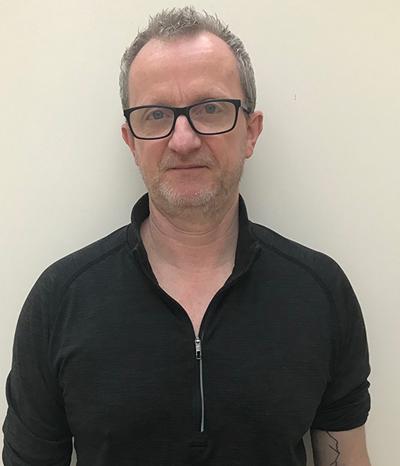
2020 brought public monuments into focus to an extent we've not seen in a generation. Southampton historian Neil Gregor is helping the City of Nuremberg reinterpret the Nazi-era rally grounds. The 1930s may appear chronologically remote, yet patterns of migration that have changed the city's demographic have provided opportunities to situate a "German" monument in a new context - global and personal.
About the Project
From the Nuremberg Rallies to the Nuremberg War Crimes Trials, the city has been synonymous with Germany's Nazi past. With the passage of time, however, that past is no longer identified with visitors' parents, but grandparents and great-grandparents. Concrete vestiges of this past, such as the Zeppelintribüne and Zeppelinfeld, have decayed. This led the City of Nuremberg to acknowledge a responsibility to stabilize the rally ground buildings and reimagine how visitors engage with them. In 2015 city, regional and national governments came together to develop a €80m conservation project.
What We Did
Professor Neil Gregor's prize-winning monograph Haunted City (2009) combined with Gregor's other work on history and memory made him an obvious partner for the City's Culture Office and the Rally Grounds Documentation Centre as they set about their task. Gregor spoke at public consultations in Nuremberg and Brussels and contributed to a series of workshops, advising curators on how best to frame this history. In 2019 he was appointed to a newly-formed Academic Advisory Committee of the Documentation Centre. Gregor urged the team to recognize how shifting local demographics questioned the assumption that the average visitor to the site would be of German heritage. He invited them to grasp the resulting opportunity: to forge links between the Holocaust and other episodes of genocidal violence, several of which were "closer to home" to local residents hailing from Turkey, Cambodia or the former Yugoslavia. The rise of AfD and other right-wing populist movements in Europe lent the project further resonances.
Implications for Policy
Recent events in the US and UK have brought public monuments into focus to a degree we've not seen in a generation. In contrast to Germany's record of confronting its difficult past, these nations have appeared uncomfortable or unwilling to confront shared legacies of empire and slavery. The Nuremberg project contains useful lessons for policy makers in other parts of the world:
- It invites societies to reflect upon the violence that is central to their own colonial pasts;
- It encourages visitors to see histories of mass violence as central to European history, rather than aberrations from it;
- It invites museum and memorial sites to consider how the histories they tell speak to publics from diverse and mobile heritages.
Prof. Neil Gregor, Professor of Modern European History at the University of Southampton.